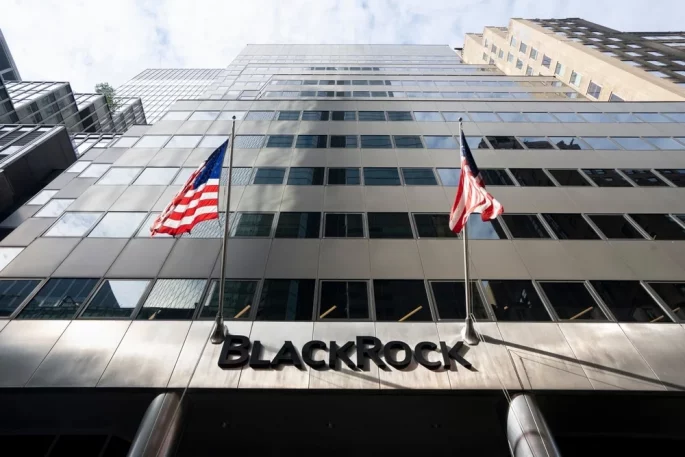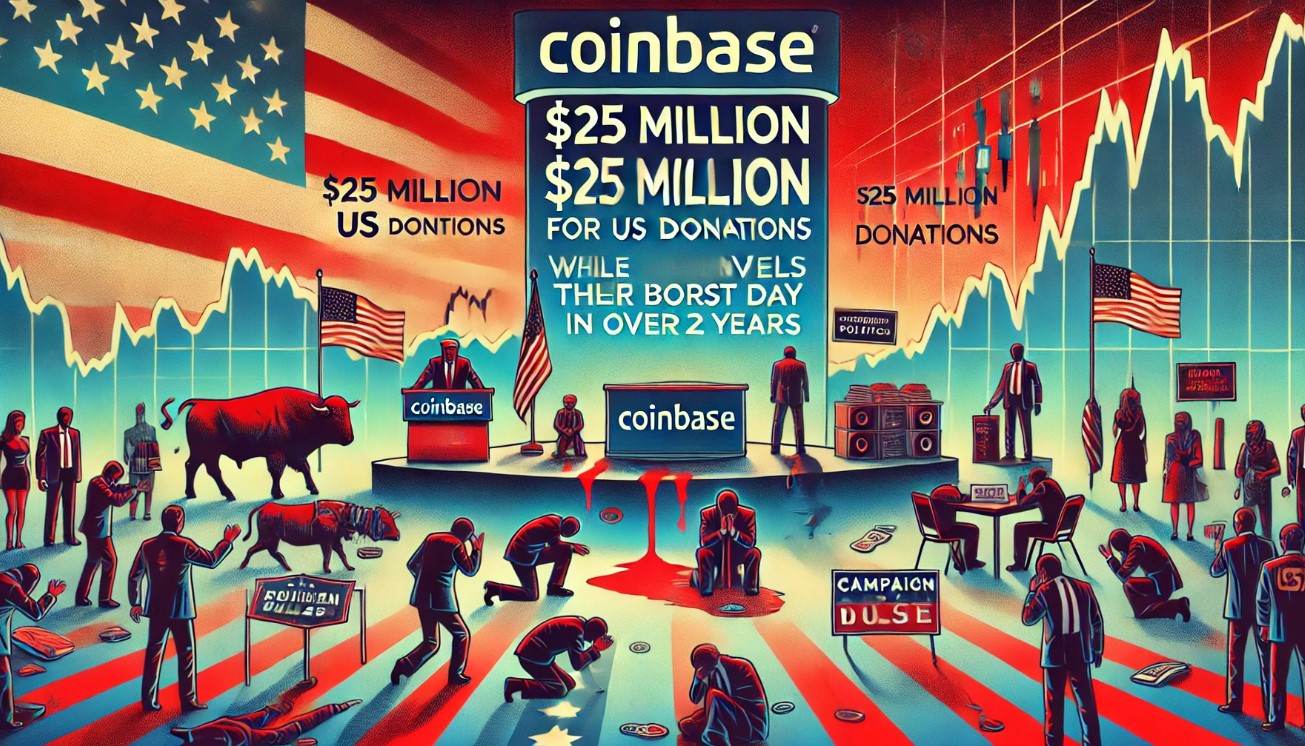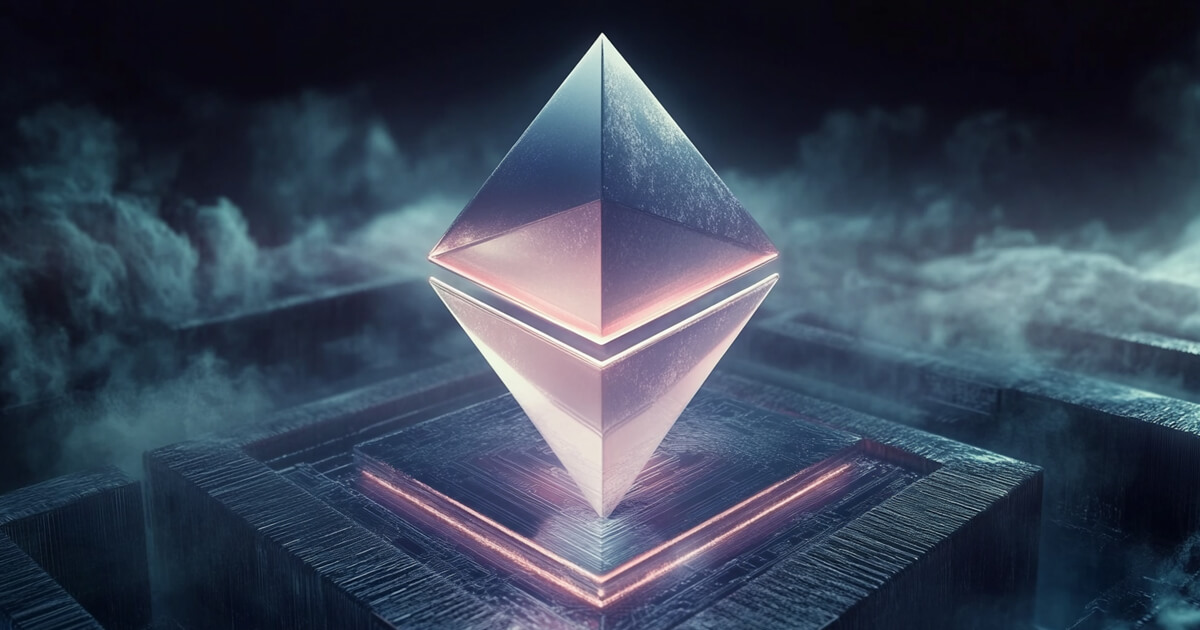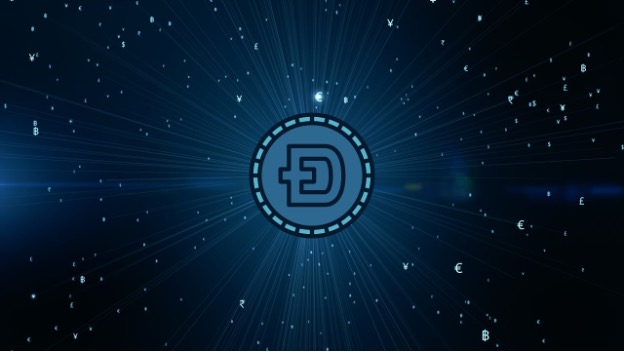Xandeum, a blockchain storage layer platform on Solana, plans to unveil a scaling solution, liquid staking program, and the native token XAND on September 20, 2024.
According to a press release shared with crypto.news, Xandeum will roll out these features and the XAND token at the Solana (SOL) Breakpoint 2024 conference in Singapore.
Scaling Solana’s storage model
Some of the biggest announcements in the Solana ecosystem have come during its Breakpoint conference, including the Firedance testnet in 2023. The community expects more at Breakpoint 2024 Singapore.
Xandeum says its storage layer will scale Solana’s current storage model, with the technology designed to help decentralized applications access “virtually unlimited storage.”
Per the details shared with crypto.news, the platform’s tech integrates directly into Solana’s remote procedure call nodes. This extends decentralization further with a network of storage provider nodes, or pNodes.
At the core of this is a dynamic fee market that ensures pNodes, validators, and liquid stakers remain incentivized to support an efficient and decentralized storage network. These key players earn rewards in SOL, which could be a new revenue stream and significantly boost Solana’s ecosystem.
XAND token launch date
Xandeum will launch its liquid staking platform on October 29, 2024, offering SOL stakers an opportunity to earn from future Xandeum storage fees via the liquid staking token xandSOL. Meanwhile, the XAND token will launch on Oct. 29.
Web3 startup Xandeum Labs, the lead developer of Xandeum, expects to debut its pNodes network in early 2025. The startup has secured $2.8 million to develop and deploy its scaling solution.
While Solana is one of the top blockchain networks with a massive ecosystem around decentralized finance and other crypto sectors, it has faced challenges. Notably, there have been network outages as the ecosystem expanded rapidly following its mainnet beta launch in March 2020.

















 English (US) ·
English (US) ·